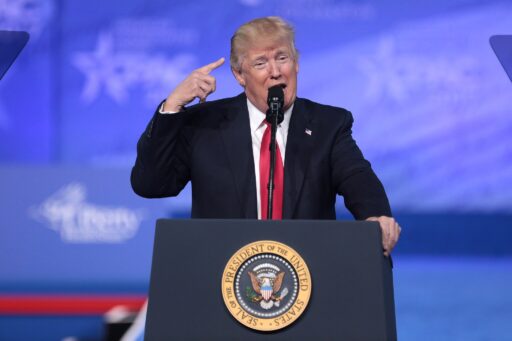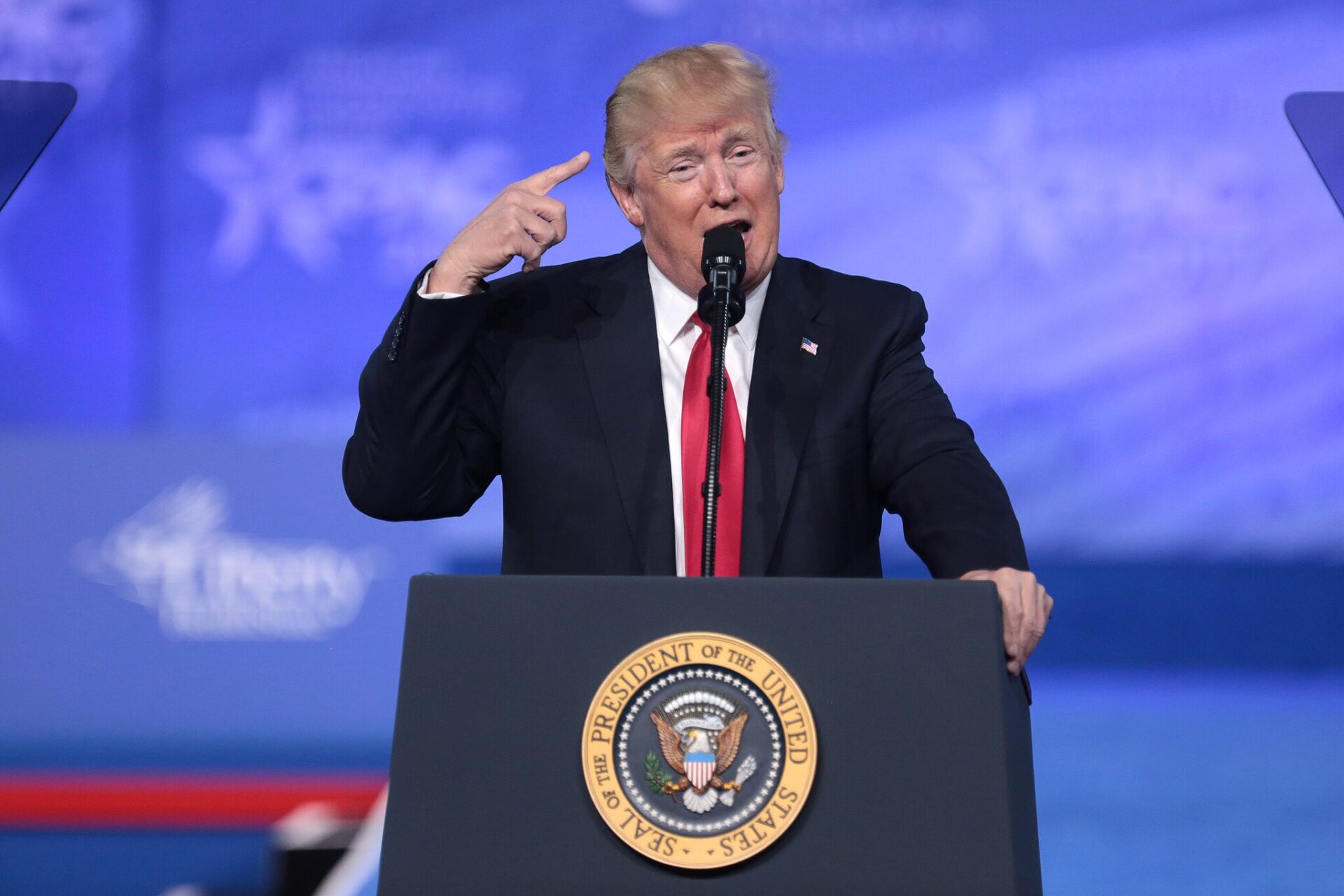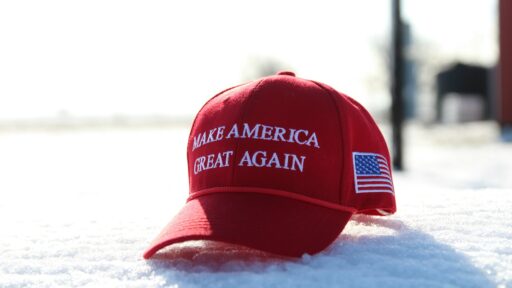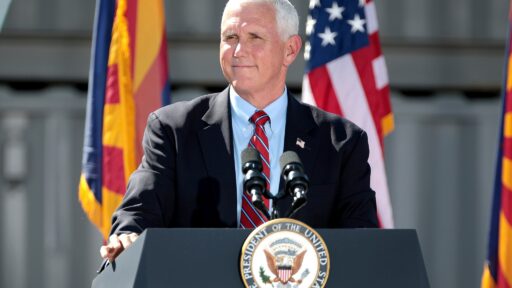Things are already off to a rocky start thanks to power-hungry judges.
Despite former President Donald Trump’s recent executive order granting clemency to individuals involved in the January 6, 2021, Capitol riot, one defendant’s case remains in legal limbo. Andrew Hernandez, who had pleaded guilty to aiding and abetting the obstruction of an official proceeding, saw his charges challenged in court following Trump’s pardon. On Tuesday, the U.S. government filed a motion to dismiss the indictment, which Judge Colleen Kollar-Kotelly agreed to, though with reservations.
While the case against Hernandez was dismissed, Kollar-Kotelly expressed concerns about the legal framework being used to vacate his conviction. Specifically, the judge questioned the applicability of Rule 48, which governs the dismissal of cases by the prosecution. Hernandez had already been convicted, and it was unclear whether a pardon could retroactively nullify that conviction under this rule. She instructed both the defense and prosecution to submit a joint status report by January 31, explaining how Rule 48 could be used in this context.
This development comes just days after Trump issued a broad pardon to nearly 1,500 individuals who were convicted for their roles in the January 6 events. This included some individuals convicted of violent crimes, such as assaulting police officers. Trump’s executive action was seen as an attempt to right the wrongs he believed had been inflicted on those who participated in the riot, many of whom he argued were being unfairly treated by a biased justice system.
However, Judge Kollar-Kotelly, a Clinton appointee, has made her position clear. In previous rulings, she has strongly criticized efforts to dismiss charges, suggesting that no legal maneuver could alter the truth of what happened on January 6. “These records are immutable,” she wrote, reaffirming her belief that the actions taken on that day should not be forgotten or whitewashed.
As the legal proceedings continue, the intersection of pardons, convictions, and justice remains a contentious issue. Trump’s critics view the pardons as an endorsement of the violence that transpired, while his supporters argue that the individuals involved deserve relief from what they see as politically motivated prosecutions. With January 31 approaching, it remains to be seen how the courts will navigate the complex relationship between executive power, legal process, and the search for justice in the aftermath of January 6.







